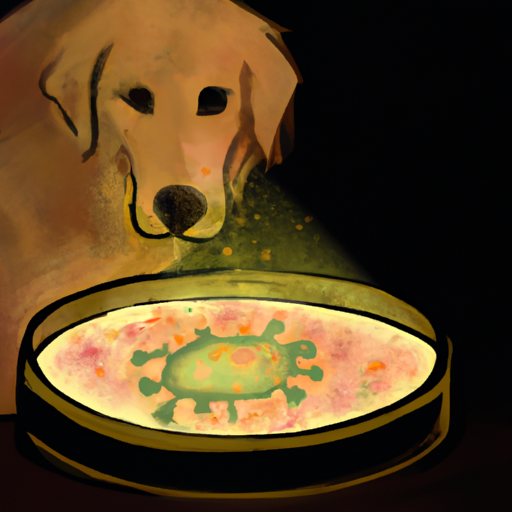“`markdown
How Do Dogs Smell Cancer
Understanding the Canine Sense of Smell
You’ve probably noticed how your furry friend’s nose goes into overdrive at the park or during your evening walks. That’s because a dog’s sense of smell is estimated to be between 10,000 and 100,000 times more sensitive than ours. Their world is driven by scent, and they can detect changes in their environment or even in the health of their human companions.
According to research, dogs have the ability to sniff out a range of diseases including cancer. Their highly sensitive noses can detect volatile organic compounds (VOCs) – odorous molecules that are often released by cancer cells.
How Dogs are Trained to Detect Cancer
Dogs aren’t born with the ability to detect cancers, it’s a skill they are trained for. Like training for drug or bomb detection, dogs learn to identify the smell of cancer through conditioning and positive reinforcement.
- Initially, dogs are trained to recognize a basic scent.
- Then, they are introduced to biological samples, like urine or breath samples, from cancer patients.
- When the dog successfully identifies the cancer sample, they are rewarded.
This process of training can take several months to a year, depending on the dog and the specific type of cancer.
The Science Behind Dogs Smelling Cancer
Several scientific studies have confirmed the ability of dogs to detect various types of cancers including lung, breast, and ovarian cancer. The table below shows some of the notable studies:
| Year | Type of Cancer | Results |
|---|---|---|
| 2006 | Lung and Breast | Dogs were able to identify cancer with 88% accuracy |
| 2011 | Ovarian | Dogs were able to detect cancer in 90% of samples |
| 2015 | Prostate | Dogs had a 98% accuracy rate in detecting prostate cancer |
Using Dogs in Cancer Detection: Pros and Cons
Despite the promising possibilities of canine cancer detection, it is not without its challenges and limitations.
Pros:
- Non-invasive method of detection
- High accuracy rates
- Potential for early detection
Cons:
- Training is time-consuming and expensive
- Results can vary between dogs
- Not a definitive diagnostic tool, further medical testing is necessary
The Future of Canine Cancer Detection
While the idea of using dogs for cancer detection is exciting, it’s important to remember that this is still a developing field of research. More studies and trials are needed to validate the effectiveness of canine cancer detection. However, the hope is that this research could lead to the development of “electronic noses” – devices that could mimic the canine ability to detect cancer.
Frequently Asked Questions
Q: Can all dogs be trained to detect cancer?
A: While all dogs have a powerful sense of smell, not all breeds or individual dogs may be suitable for this type of training.
Q: Can dogs detect all types of cancer?
A: Currently, research has primarily focused on lung, breast, ovarian, and prostate cancer. More research is needed to determine if dogs can detect other types of cancer.
Q: Can I rely on my dog to detect cancer?
A: While dogs can be trained to detect cancer, they should not replace regular medical check-ups and tests.
“`



